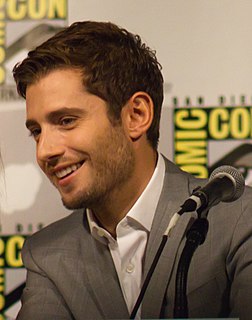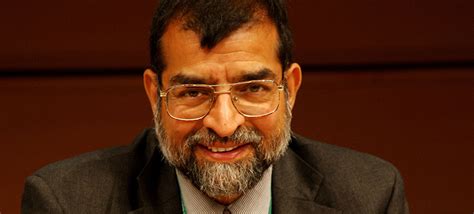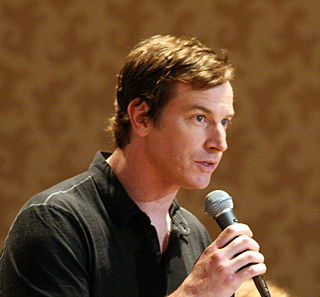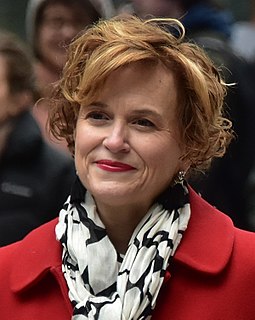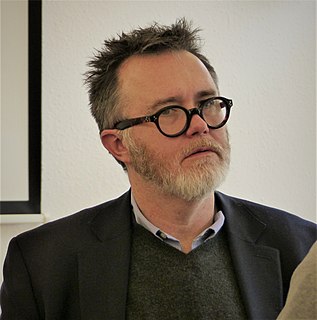A Quote by Julian Morris
... universal adoption of the institutions of the free society would better enable adaptation to climate both now and in the future. It would also ensure that, if at some point in the future, a real catastrophe, whether human-induced or otherwise (including climate change), does loom on the horizon, humanity would be in a better position to address it.
Related Quotes
Considering that future generations will be far better off than current generations even after accounting for climate change, it would be more equitable for today's industrialized world to help solve the real problems facing today's poorer developing world than to mitigate climate change now to help reduce the burden on future populations that would not only be wealthier but also technologically superior.
I didn't believe in Bigfoot.I just thought, "No, that would be impossible. You know, we would have found Bigfoot by now. We would've found some skeletons, we would've found some sort of proof of Bigfoot." So, I didn't believe for a long time, but obviously this is the year we find Bigfoot. And obviously all scientists agree that there's definitely Bigfoot.There's no reason to debate it. It's like debating climate change. There's no reason to debate climate change anymore. There's no reason to debate whether there's Bigfoot. Clearly, the yeti exists.
It's very hard to track down what's real and what's not real. We haven't absorbed what climate change is doing. Because whether people associate it or not, fear of immigration is completely related to climate change, because the mass migrations that are happening, the war in Syria, all of these structural human migrations are related to climate change.
Similarly, knowledge of the future was incompatible with free will. What made it possible for me to exercise freedom of choice also made it impossible for me to know the future. Conversely, now that I know the future, I would never act contrary to that future, including telling others what I know: those who know the future don't talk about it. Those who've read the Book of Ages never admit to it.
Resilience, timing, adaptation - these are the three pillars upon which the emergent properties of interacting systems rest. When the systems are the economy and the environment, understanding of the relationships among these concepts is crucial. This volume does a better job of explaining how to manage both money and nature to ensure humanity's long-term future than any other work I know of. Read and reflect.
As it turns out, the ecological catastrophe Kirk feared that would be the consequence of our impiety appears not to be one of radically diminished resources, but of potentially catastrophic climate change. It comes from an arrogant refusal by a modern consumerist society to accept limits on its desires. Kirk's idea of the "eternal society" evaporates before the insatiable demands of the Everlasting Now.
By isolating the issues of race, gender, sexual orientation, climate change, environment, governance, economics, catastrophe and whatever other problems the present embodies or the future may bring, science fiction can do what Dickens and Sinclair did: make real the consequences of social injustice or human folly.
